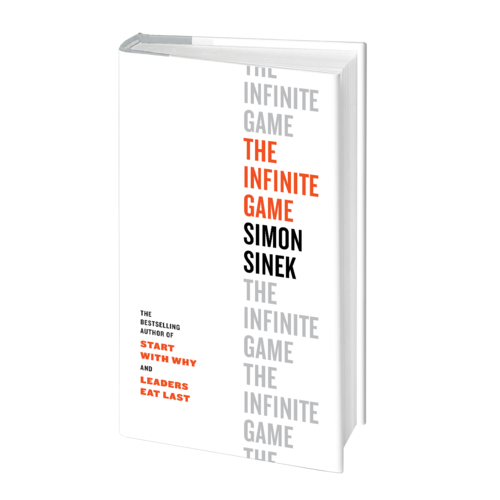By Ted Murcray
Simon Sinek recently published a book titled The Infinite Game, which I have, admittedly, not yet purchased nor read. However, as part of the promotional materials for the book, he sat down for an interview that was available on YouTube, which I did watch. I was fascinated by the idea that we are all playing games in life – whether at home, at work, in the classroom, or in society – that can be categorized as either finite or infinite games.
I was caught by the idea that not only are the games we play different in structure, but they suggest different attitudes or approaches to the game. In a finite game, the intention of the players is to win, which I think is a familiar way of looking at games. Conversely, in an infinite game, the goal is to stay in the game as long as possible, such as in marriage. I had not thought of my marriage as a game before, so this was a provocative idea.
Sinek says he “tripped over” this idea when he was reading a book by James Carse, a philosopher who wrote Finite and Infinite Games in 2013. Since Sinek’s book had not yet been published, I got online and got my copy of Carse’s book, so I could read up on this philosophical perspective. A review of that book will come up in another post.
For now, I encourage you to take the 16 minutes to watch Sinek’s interview as he briefly sketches out these ideas in terms of what it means in leadership and organizations. If you, like me, are fascinated by this idea, drop a comment or author a post about your thoughts and how this is or is not applicable.
All links provided in this blog are for informational purposes only.
